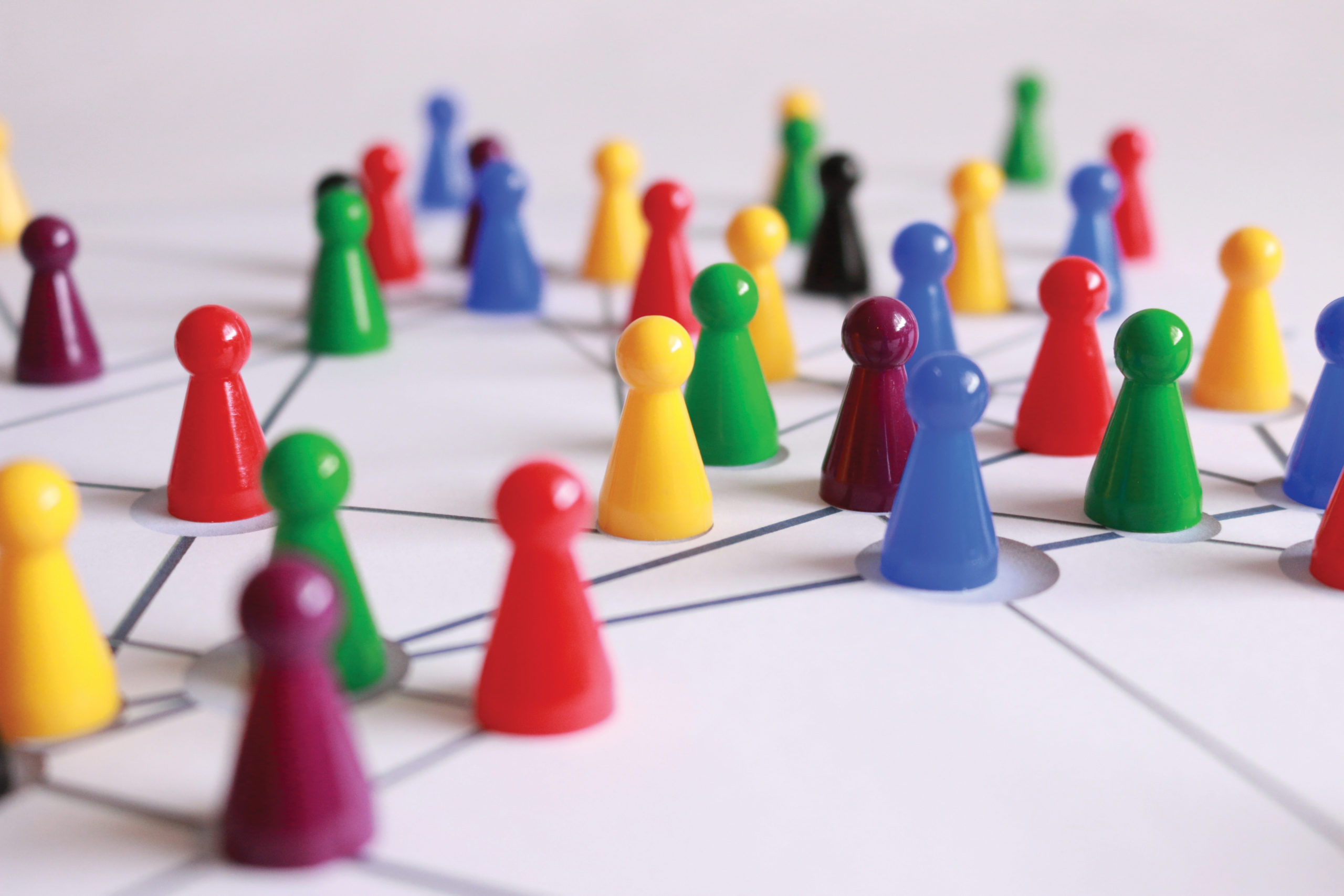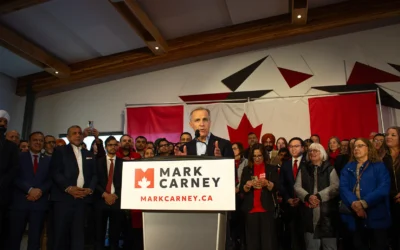Thanks to a political science class and some extensive back and forth conversations (debates, if you will), I have been thinking a lot about the role communities play in shaping humanity.
It all started when I read some pieces by Thomas Aquinas, an Italian priest who is probably most known for bridging Christian theology and classical philosophy. Among his many presented ideas is the concept that community is vital to human beings living and becoming “persons.”
This idea seems a little odd, I mean, just stating that a human being isn’t necessarily a person can be an extremely problematic statement to make. However, when really understanding what Aquinas meant and adding some of our modern thought to it, it actually makes a lot of sense.
First, let’s talk about the living aspect.
We like to give our individual intelligence a lot of credit — too much credit in my opinion. If we take away the obvious need for other human beings regarding survival (that is, the role of parents in bringing us to life and protecting our useless, mushy selves from starving or being eaten by something else) we still need other people to survive.
Looking back, humanity is constantly developing technologies and learning from our past. If we didn’t have any of humanity’s previous knowledge, often called “Old Knowledge,” I’m pretty sure none of us would make it.
Human beings have one upper hand compared to animals with sharp teeth, claws, strength, natural fur coats, etc., and that is our intelligence and ability to reason, and some could argue that we would be able to use that intelligence to learn to survive.
Maybe, but if we didn’t have anyone around us, teaching us how to develop our intelligence and learn to exist on this death trap, I am still pretty sure we’d get eaten.
There are also two definitions of living, and regardless of survival potential, I know for sure that we need other people to live well. If there were no other people, we would revert back to our most instinctual states. Everything we did would be about making it to the next day. We wouldn’t have communities to teach or help us find shelter and food, so our time would be spent moving around and hoping nothing kills us.
We wouldn’t have anyone to talk to, we wouldn’t even know how to think, meaning our understanding of the world would be completely sensory — pain and comfort would be as much as we could reason. This brings us to the idea of “personhood,” and how other people help develop who we are — turning us from human beings to persons.
We can’t develop a moral code, language, or any other kind of social structure when there’s a party of one. There’s no universal good and evil when you’re alone, there is only what is good or bad for you — you can’t exactly have an individualized generalization. This selfishness wouldn’t even be a bad thing, it would simply be a being (human or other animal) trying to survive. People make us think about something other than ourselves.
When we are around others, we can’t help but grow. Within a community, we learn to work with each other so that everyone does their part to keep the community afloat. As individuals, we only really learn who we are through interacting with other people.
Music, art, language, thoughts and ideas, they all come from our communities. Even if we are the ones creating and sharing them, it all comes from how we were raised and the influence the people we interacted with afterwards had on us.
I know for a fact that if I grew up with different parents in a different city (meaning I wouldn’t know any of the same people), that I would be an entirely different person.
Who we interact with influences our self-identity, and we need to give community far more credit for shaping who we are.
Here in North America, especially in universities, we like to give ourselves all the credit. We think it’s because we’re individuals who are free thinkers that we were able to become artists and writers, or we think that as individuals we pushed ourselves to be the amazing engineers and nurses that we are, but that is not the case.
We are all products of our environment, and individualism is a lie. None of us are the people we are on our own, we are who we are because of everyone else. To that end, be thankful for the environments you grew up in and the people who shaped you, without them, none of us would be the same.





0 Comments